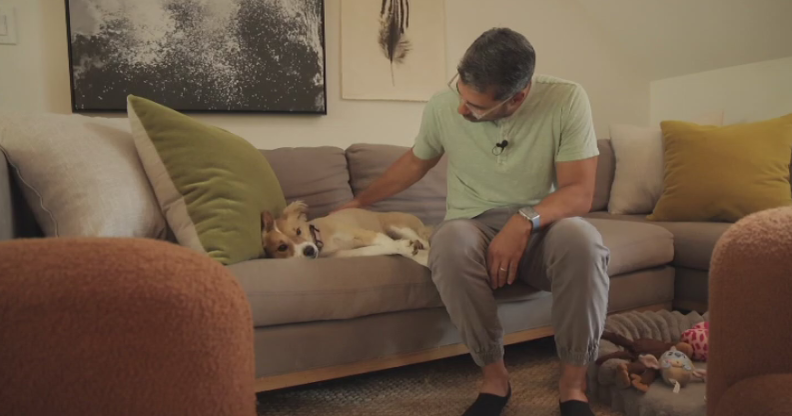FDA approves breakthrough medical device to treat ADHD in children
The FDA has just approved the first, non-drug medical device to treat ADHD in children. It works by delivering a low-level electrical pulse through a patch on a child's forehead and will be marketed as a treatment for children from 7 to 12 years old who do not currently take prescribed medication for the disorder.
Previous studies have shown the device increases activity in parts of the brain that are important in regulating attention, emotion and behavior.
The device is about the size of a cellphone and has a wire that attaches to a patch. You place that patch on the child's forehead and they wear it overnight.
"It emits a low level electrical pulse that essentially stimulates a cranial nerve called the trigeminal nerve and the idea is that nerve then sends signals into the brain particularly to the areas that are important for attention, for functioning and behavior," Dr. Tara Narula said on "CBS This Morning." "And they did see in this small study of about 60 kids over four weeks it did reduce symptoms. It seems to be on par with the effects seen with non-stimulant medications."
Although the study didn't clock any serious adverse events, there were some side effects including drowsiness, increased appetite, fatigue, headache and teeth clenching.
"But as I said it was a small study and it was over a short period of time. We don't know what it would be like if kids were on medication when they used this," she said.
An estimated 6.1 million children have been diagnosed with ADHD in the U.S., according to a national survey of children's health in 2016. But it's also one of the more difficult disorders to diagnose. Narula stressed that the symptoms must affect their day-to-day function.
"The important thing is that it's pervasive, so you see it at school and at home. It persists for longer than six months and it affects function. If their function is limited academically, socially, emotionally, that's when you might want your child to be seen and evaluated and they may in fact have it," Narula said.
"We know that a third of these kids have other disorders like anxiety disorders or mood disorders," she said. "A third will go on to get symptoms into adulthood and the issue is that it really can be associated with increased risk of substance abuse, injuries, either accidental or intentional, poor self-esteem, poor academic performance. So it's important to identify it – really truly identify it – and get kids treated for it."
The class of drugs typically used to treat ADHD are stimulants like Ritalin or Adderall, but Narula said it's important to discuss other options like behavioral therapy because these drugs because they have side effects like anorexia, poor growth and even cardiovascular side effects.



